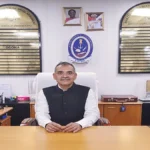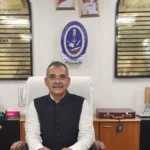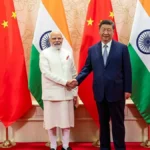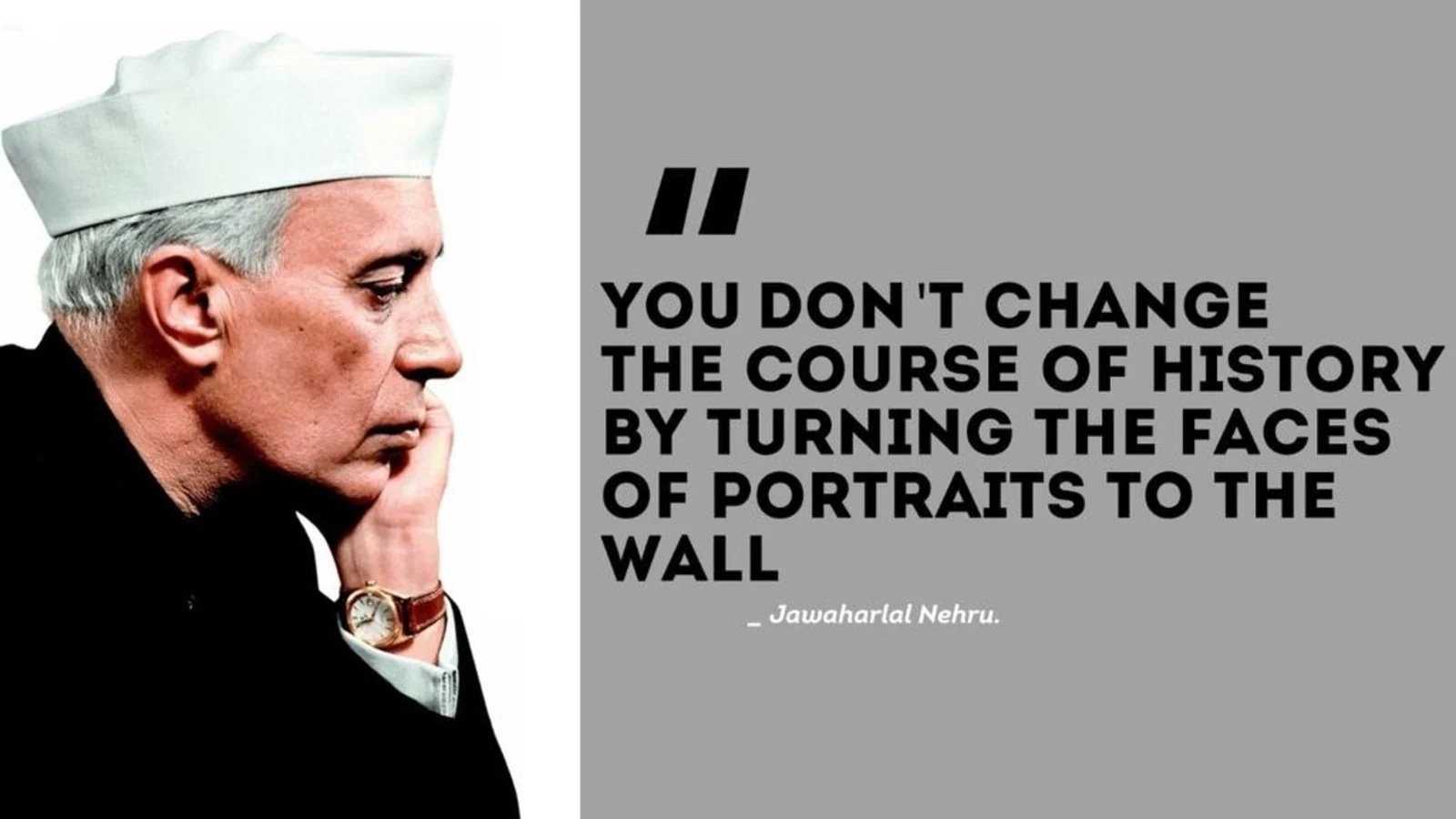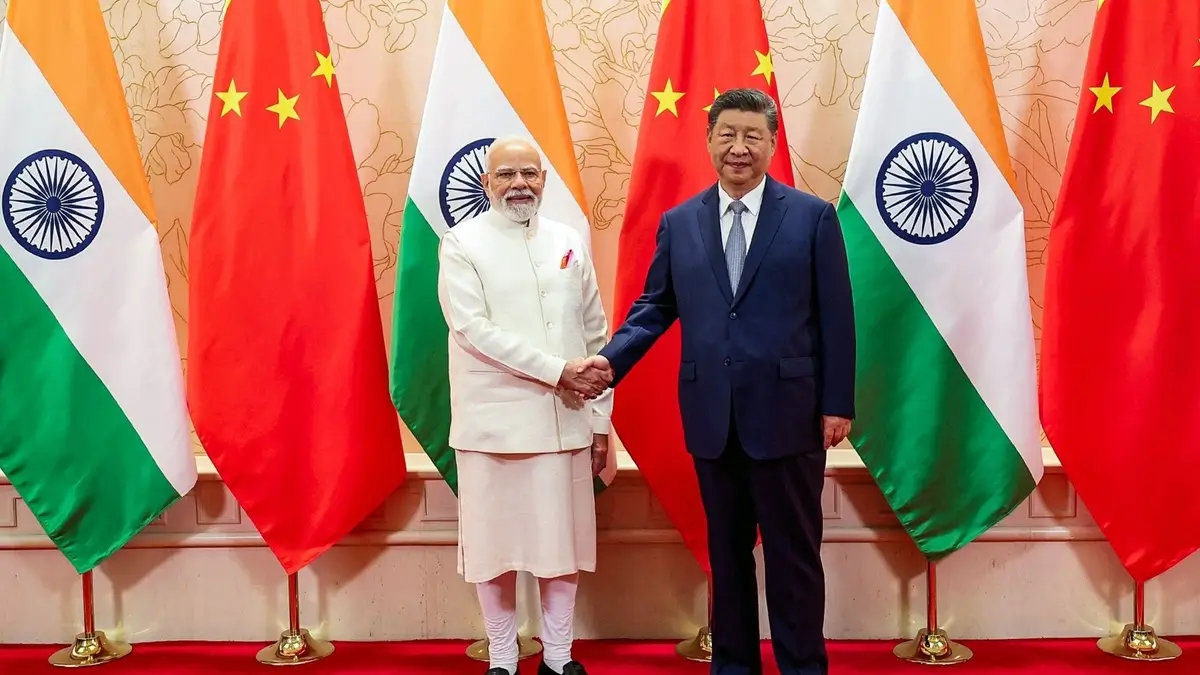India Observes Jawaharlal Nehru’s 59th Death Anniversary
India recently observed the 59th death anniversary of its first Prime Minister, Jawaharlal Nehru. This day holds immense significance in the history of the nation as it pays homage to the visionary leader who played a pivotal role in shaping modern India. In this article, we will delve into the importance of this occasion, provide a historical context, and highlight five key takeaways related to Jawaharlal Nehru’s contributions and his relevance for students preparing for government exams.

Importance of Jawaharlal Nehru’s Death Anniversary
The commemoration of Jawaharlal Nehru’s death anniversary holds great importance for the nation. Nehru, fondly known as Pandit Nehru, served as the Prime Minister of India from 1947 to 1964. He was a visionary leader who played a crucial role in India’s struggle for independence and subsequently in shaping the nation’s socio-economic and political landscape.
Historical Context of Jawaharlal Nehru’s Legacy
To understand the significance of Nehru’s death anniversary, it is essential to delve into his historical context. Born on November 14, 1889, in Allahabad, Jawaharlal Nehru hailed from a prominent political family. He was greatly influenced by Mahatma Gandhi and actively participated in the Indian National Congress. Nehru’s leadership skills and commitment to the welfare of the nation led him to become the first Prime Minister of independent India.
Key Takeaways from “India Observes Jawaharlal Nehru’s 59th Death Anniversary”:
| Serial Number | Key Takeaway |
|---|---|
| 1. | Nehru’s Role in India’s Freedom Struggle |
| 2. | Nehruvian Socialism and Economic Policies |
| 3. | Advocacy of Non-Alignment and Foreign Policy |
| 4. | Contributions to Education and Scientific Research |
| 5. | Legacy of Secularism and Pluralism |
Important FAQs for Students from this News
Q: What was the role of Jawaharlal Nehru in India’s freedom struggle?
A: Jawaharlal Nehru played a significant role in India’s freedom struggle as a prominent leader of the Indian National Congress. He actively participated in various movements, including the Civil Disobedience Movement and the Quit India Movement, advocating for India’s independence from British rule.
Q: What were Nehruvian socialism and its impact on India’s economy?
A: Nehruvian socialism refers to the socio-economic policies implemented by Jawaharlal Nehru during his tenure as the Prime Minister. It aimed to achieve economic self-sufficiency, promote industrialization, and reduce socio-economic inequalities. The impact of Nehruvian socialism on India’s economy was a mixed bag, with both positive and negative outcomes.
Q: How did Jawaharlal Nehru contribute to education and scientific research in India?
A: Jawaharlal Nehru recognized the importance of education and scientific research for national development. He established premier educational institutions like the Indian Institutes of Technology (IITs), the Indian Institutes of Management (IIMs), and the All India Institute of Medical Sciences (AIIMS). Nehru also promoted scientific research and encouraged the growth of scientific institutions in the country.
Q: What was Nehru’s stance on non-alignment and India’s foreign policy?
A: Jawaharlal Nehru advocated for non-alignment in foreign policy, meaning that India would maintain neutrality and not align with any specific bloc during the Cold War era. He believed in fostering friendly relations with all nations, promoting peace, and pursuing independent foreign policy based on the principles of peace, equality, and cooperation.
Q: How did Nehru contribute to India’s secular and pluralistic values?
A: Jawaharlal Nehru firmly believed in secularism and the idea of India as a diverse and inclusive nation. He promoted religious harmony, advocated for equal rights and opportunities for all citizens irrespective of their religion or caste, and worked towards building a society that upholds the principles of secularism and pluralism.
Some Important Current Affairs Links




